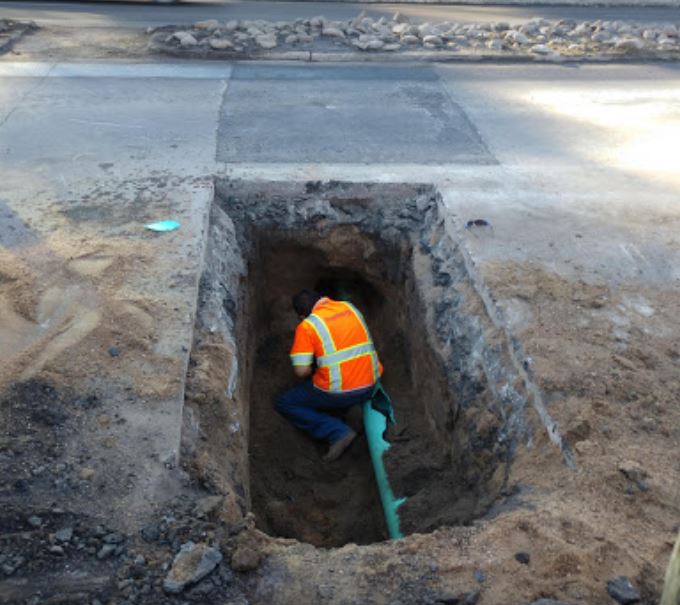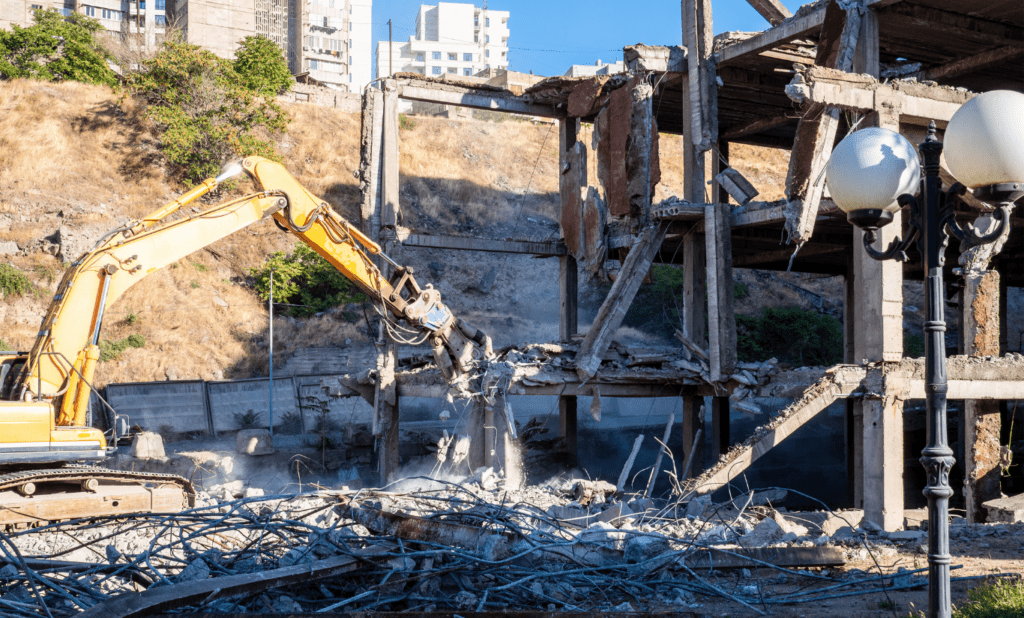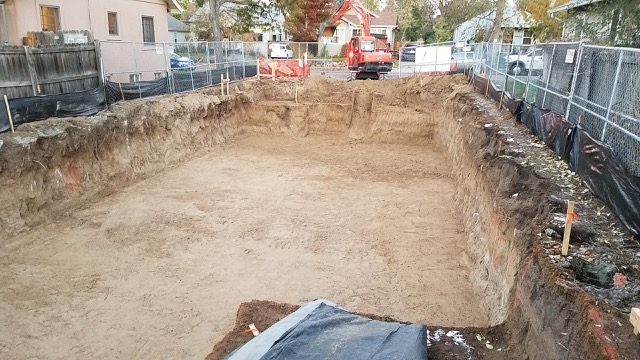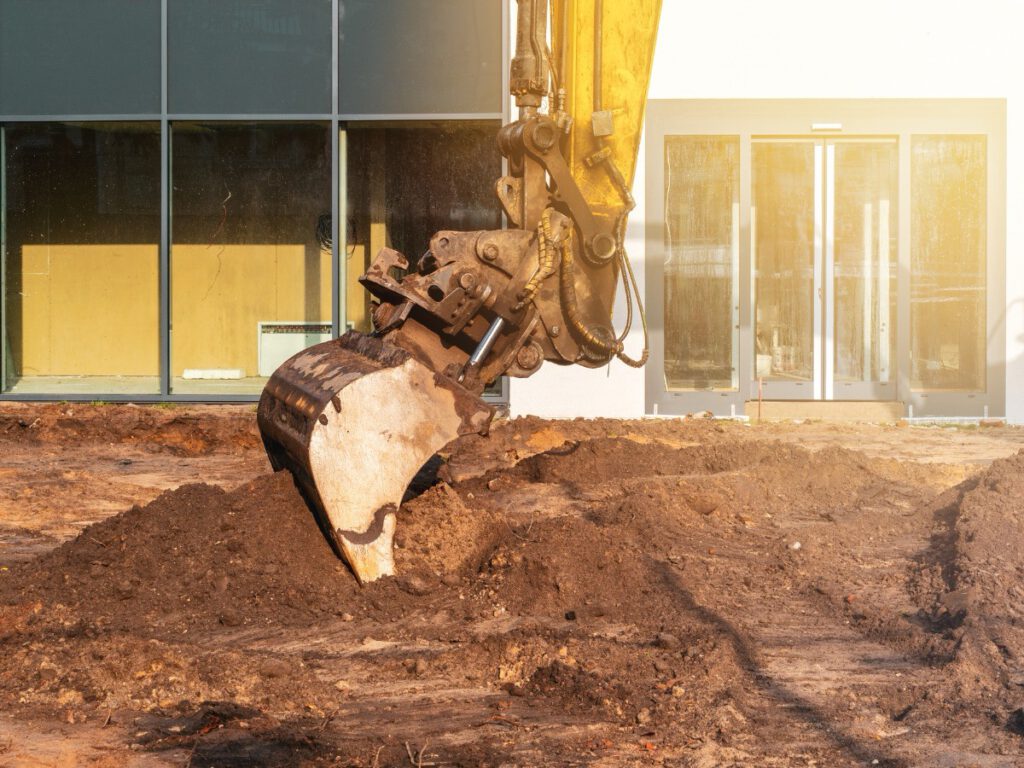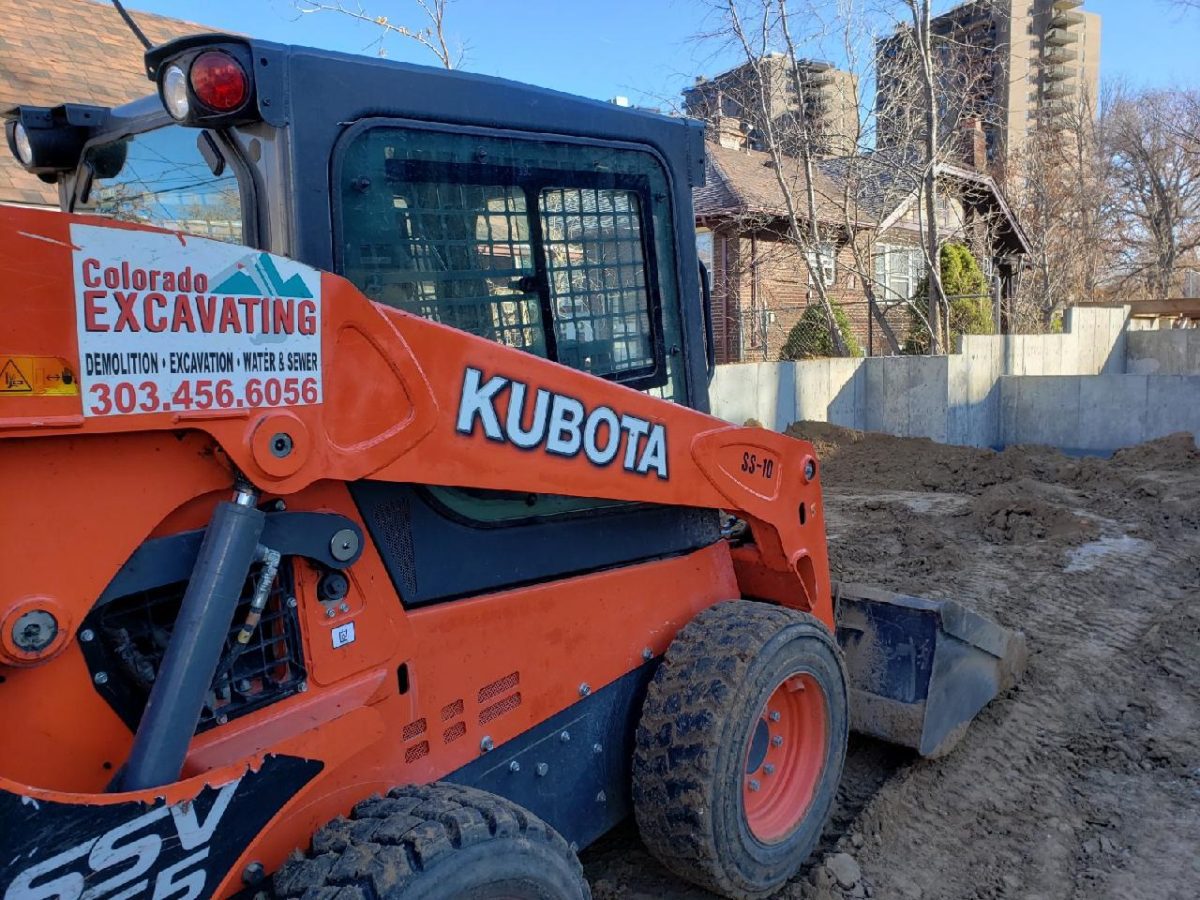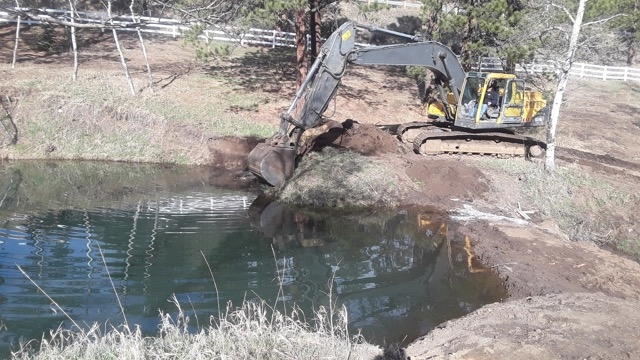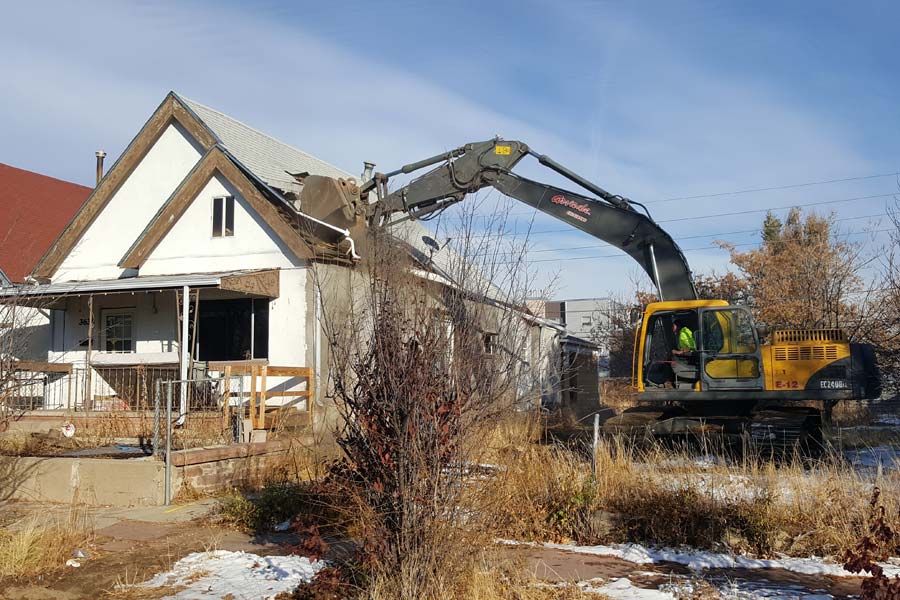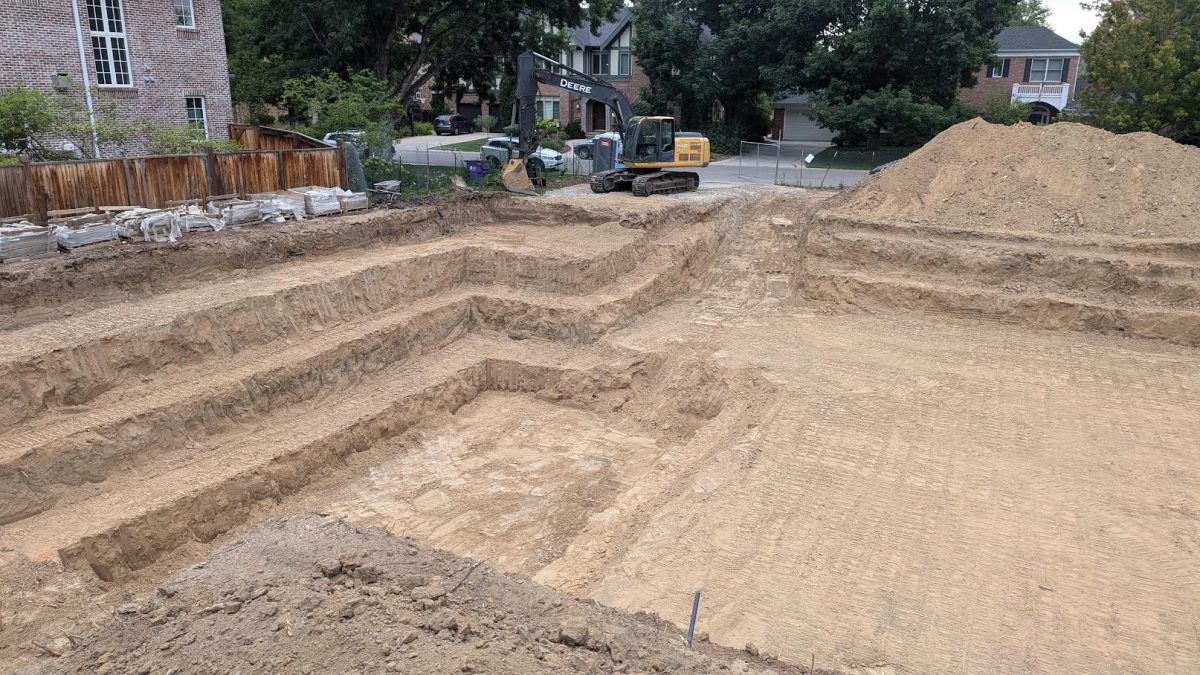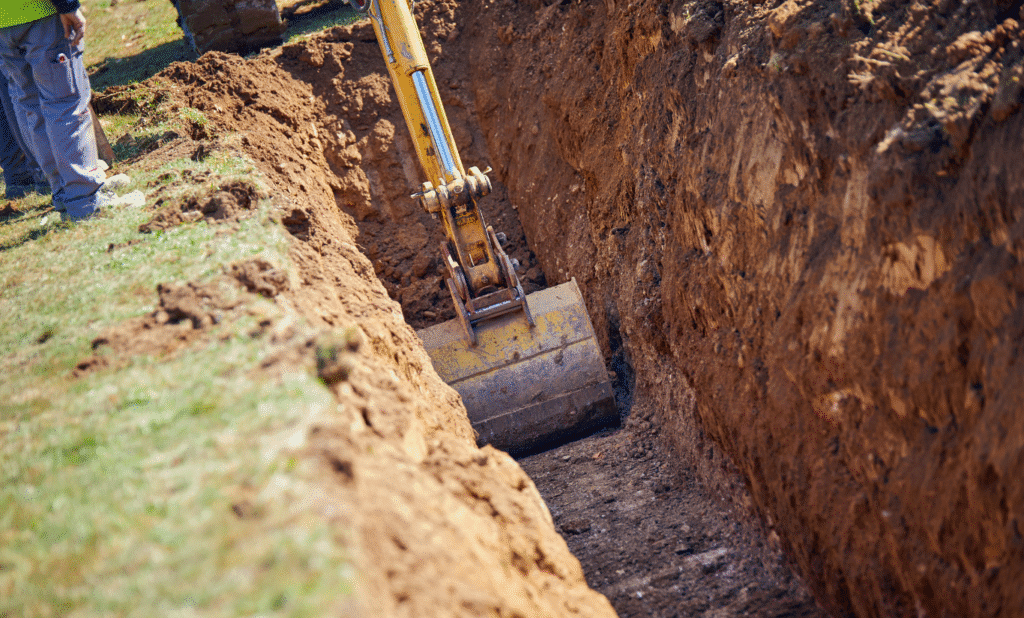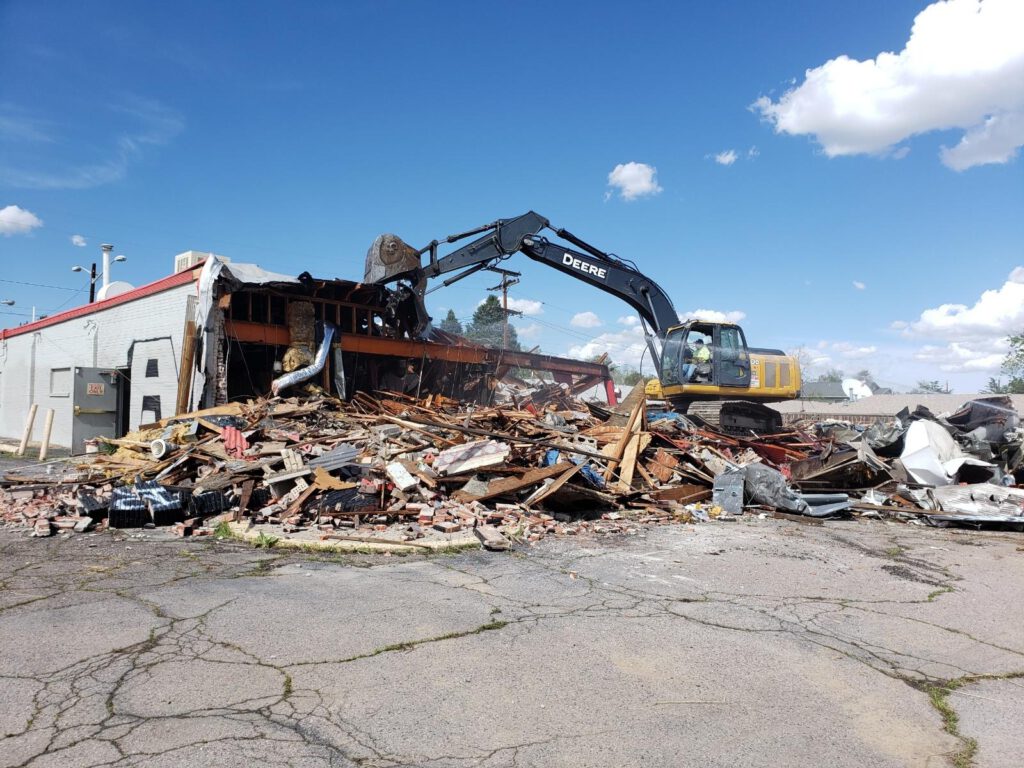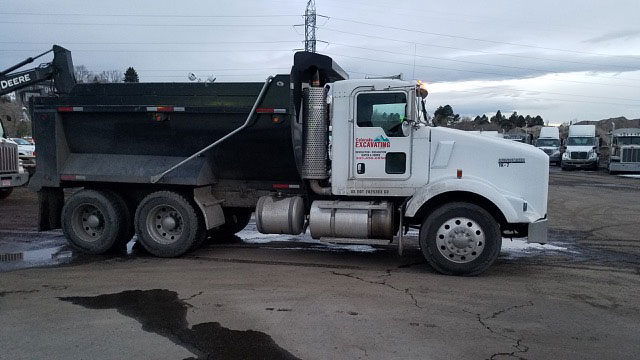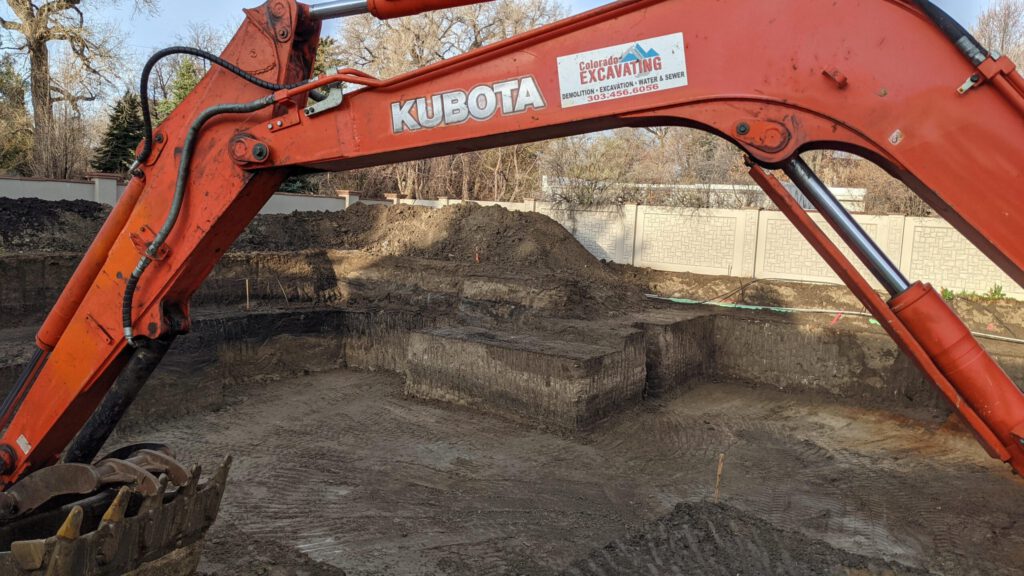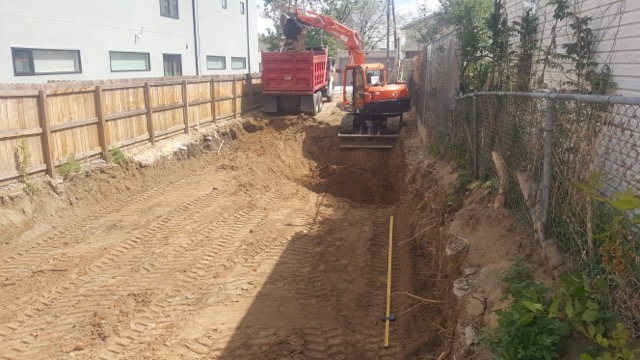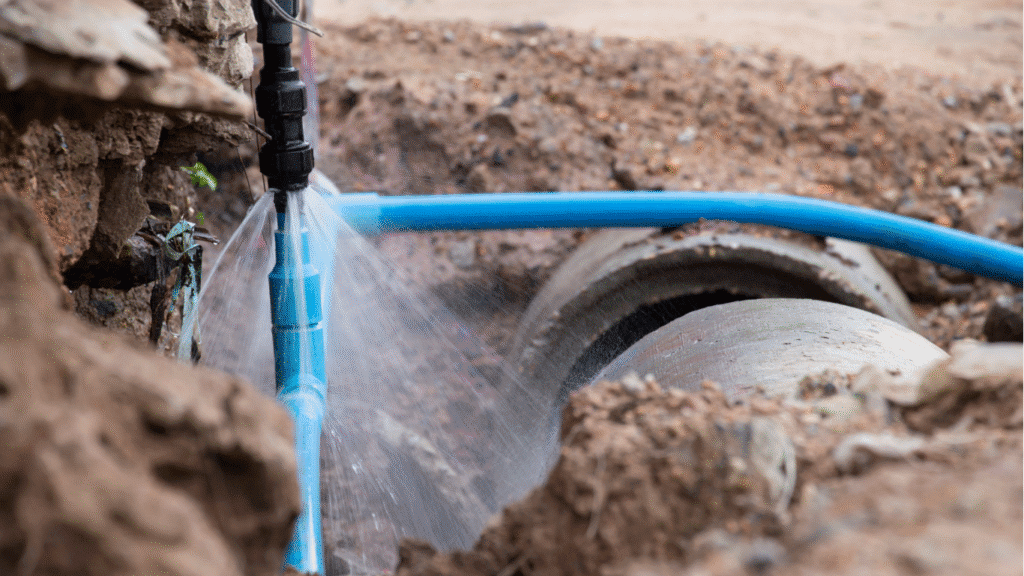How to Choose the Right Trenching Contractor: 9 Questions to Ask Before You Sign
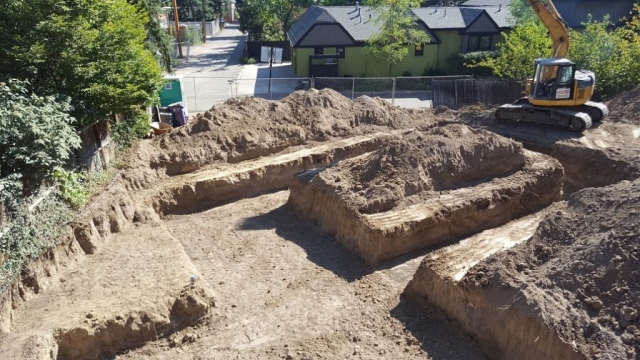
When you need underground utility work done right, picking the right trenching contractor matters more than you might think. Whether you are installing new sewer lines, replacing a water service, or preparing site utilities for a remodel, proper trenching ensures safety, compliance, and minimal disruption to your property.
At Colorado Excavating, trenching and utility excavation are core services we provide on jobs large and small. Our goal with this guide is to help you feel confident when hiring a trenching contractor by knowing exactly what questions to ask before you sign a contract.
1. What Experience Do You Have With Utility Trenching?
Not all digging is the same. Ask potential contractors how long they have focused on trenching and underground utilities. A contractor experienced in utility trenching understands soil conditions, frost depth challenges in Colorado, and the importance of proper slope and compaction. A general landscaper or construction crew may lack this critical expertise.
2. Are You Licensed, Insured, and Bonded?
Before any work begins, confirm that your trenching contractor is licensed to perform excavation in your area. They should also carry liability insurance and workers compensation coverage. These protections matter if there is accidental damage to your property, unforeseen utility strikes, or injury on the job site.
3. Do You Provide a Written Estimate With a Breakdown?
Any reputable trenching contractor should provide a detailed written estimate that outlines labor, equipment, materials, permits, excavation depth, backfill, and any restoration work. Vague or verbal estimates can lead to unexpected costs later. Ask for clarity on pricing, allowances, and payment terms up front.
4. How Do You Protect Existing Utilities and Call Locates?
One of the most important steps in trenching is verifying the location of all existing utilities. Ask the contractor how they handle 811 utility locates before digging. A professional trenching contractor will coordinate locates, follow marking guidelines, and use safe digging practices to prevent damaging water, gas, electric, or communications lines.
5. What Safety Measures Do You Use on Site?
Trenching work can be hazardous. Ask about the contractor’s safety protocols, including shoring or trench boxes, protective systems, and how they prevent cave-ins or soil collapse. A contractor who prioritizes safety protects your property, workers, and neighbors.
6. Do You Handle Permits and Inspections?
Some trenching jobs require permits and municipal inspections. Confirm whether the trenching contractor manages this process on your behalf or if you are responsible. A contractor familiar with local building codes and permitting saves you time and avoids compliance issues.
7. How Do You Manage Water and Soil Conditions?
Colorado’s soil and weather can create unique challenges, especially in clay soils or during wet conditions. Ask how the trenching contractor plans routing, dewatering, and soil stabilization during the excavation. Experienced teams will plan for proper drainage and reduce delays caused by rain or shifting soils.
8. Can You Provide References or Past Projects?
A proven track record matters. Ask for references, photos, or case studies from previous utility trenching work. Talking with past clients or seeing real project results gives insight into the contractor’s reliability, communication, and quality of work.
9. What Is Your Restoration Plan?
After the trenching is completed, how will your yard or work site be restored? A professional trenching contractor has a plan to compact backfill, replace topsoil, and repair surfaces like driveways, lawns, or sidewalks. Quality restoration protects your property value and ensures a cleaner finish.
Why Asking These Questions Matters
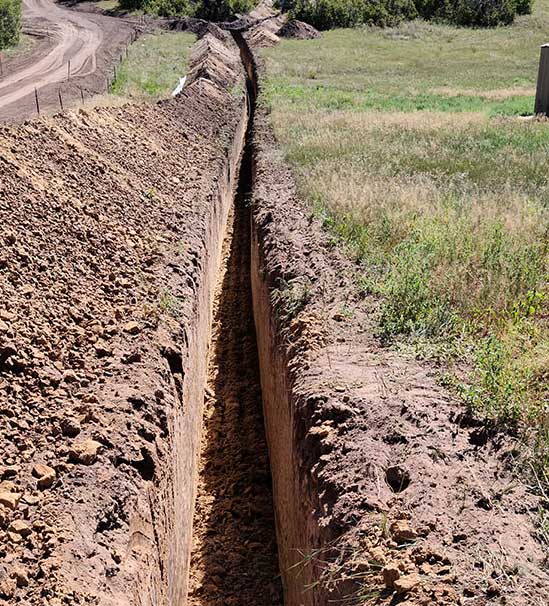
Choosing the right trenching contractor sets the tone for your entire project. Proper planning, safety, and communication reduce surprises, speed up the schedule, and ensure your excavation meets expectations. Too often property owners assume all excavation contractors are the same. In reality, utility trenching requires precision, knowledge of underground infrastructure, and attention to detail.
At Colorado Excavating, we strive to answer these questions with transparency and professionalism for every client. From sewer line trenching to utility excavation, our team combines experience, safety, and reliable communication so you know exactly what to expect.
Your Next Step With Colorado Excavating
When you are ready to move forward with utility trenching, contact Colorado Excavating for a professional estimate. A trusted trenching contractor makes all the difference in protecting your property, timeline, and peace of mind.

